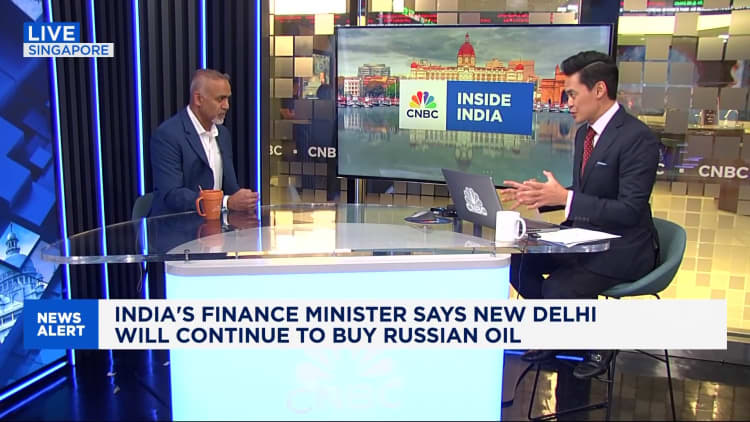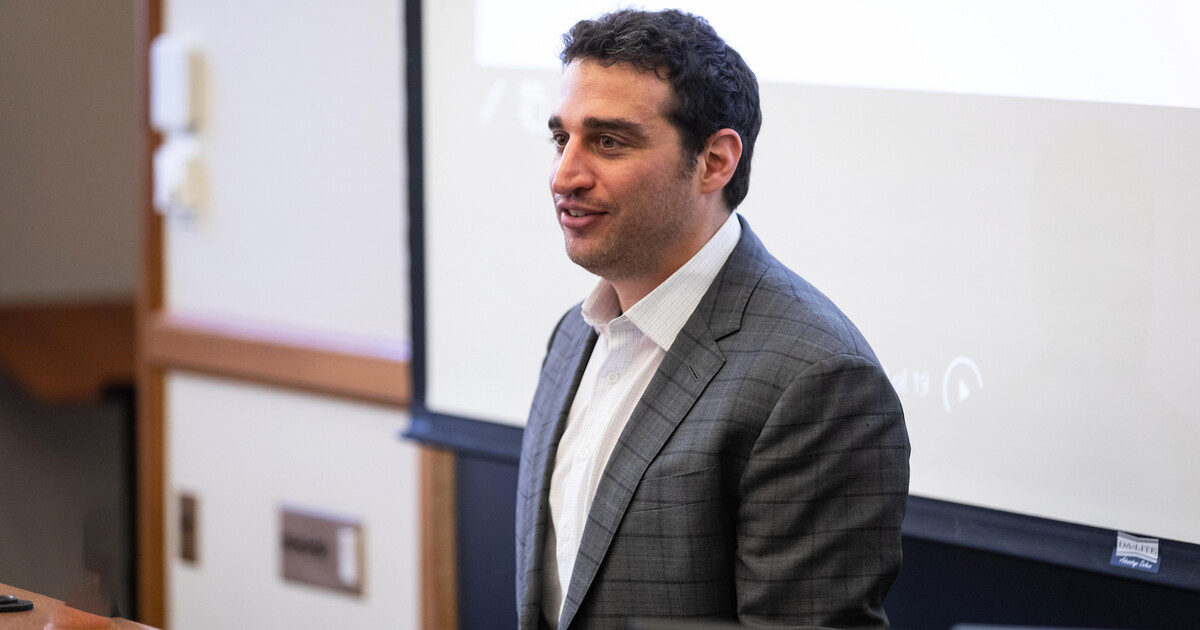
UPDATE: India has urgently called on its BRICS partners to address significant trade deficits during a virtual summit held today. External Affairs Minister S. Jaishankar highlighted that India’s “biggest trade deficits are with BRICS partners,” amid rising tensions with the U.S. over tariffs that have rattled global trade dynamics.
The meeting took place against the backdrop of escalating trade disputes, particularly as U.S. President Donald Trump has imposed tariffs up to 50% on India. This has led to growing concerns among nations like India and Brazil, both heavily impacted by such measures. While China echoed calls for unity against U.S. protectionist policies during the summit, Jaishankar emphasized the need for an “expeditious solution” to trade imbalances.
Today’s summit is crucial as China has reported a record trade surplus with India, amounting to $99.21 billion for the fiscal year ending March 2025. As of August, the trade surplus stood at $77.7 billion, marking a 16% increase from the previous year. This situation underscores the urgency for BRICS members to reassess their trade relationships.
“The BRICS itself can set an example by reviewing trade flows among its member states,” Jaishankar stated.
While India views BRICS primarily as an economic initiative, China and Russia perceive it more as a geopolitical alliance. The divergence in perspectives complicates cooperative efforts, especially as India sees its relationship with the U.S. as critical for strategic and defense purposes. Recent comments by Trump suggest a desire to mend ties, stating that there is “nothing to worry” about India-U.S. relations and calling Prime Minister Narendra Modi a “great prime minister.”
Despite the positive signals, trade talks have stalled, particularly over India’s continued purchases of Russian oil. Trump’s administration has criticized India’s protectionist policies, especially in agriculture and dairy sectors, claiming they hinder American imports. In response, Jaishankar has argued that India is being unfairly targeted.
Observers note that the ongoing trade tensions reflect broader geopolitical struggles, with Chietigj Bajpaee of Chatham House stating that the structural foundations of the India-U.S. relationship remain robust despite current challenges. “Modi and Trump’s conciliatory statements reflect the importance of maintaining strong ties,” Bajpaee added.
The situation remains fluid as BRICS nations navigate the complexities of international trade amid rising tariffs. As the summit progresses, all eyes will be on whether concrete actions will be taken to address these pressing trade deficits and strengthen intra-BRICS economic collaboration.
Stay tuned for further updates as this developing story unfolds.






